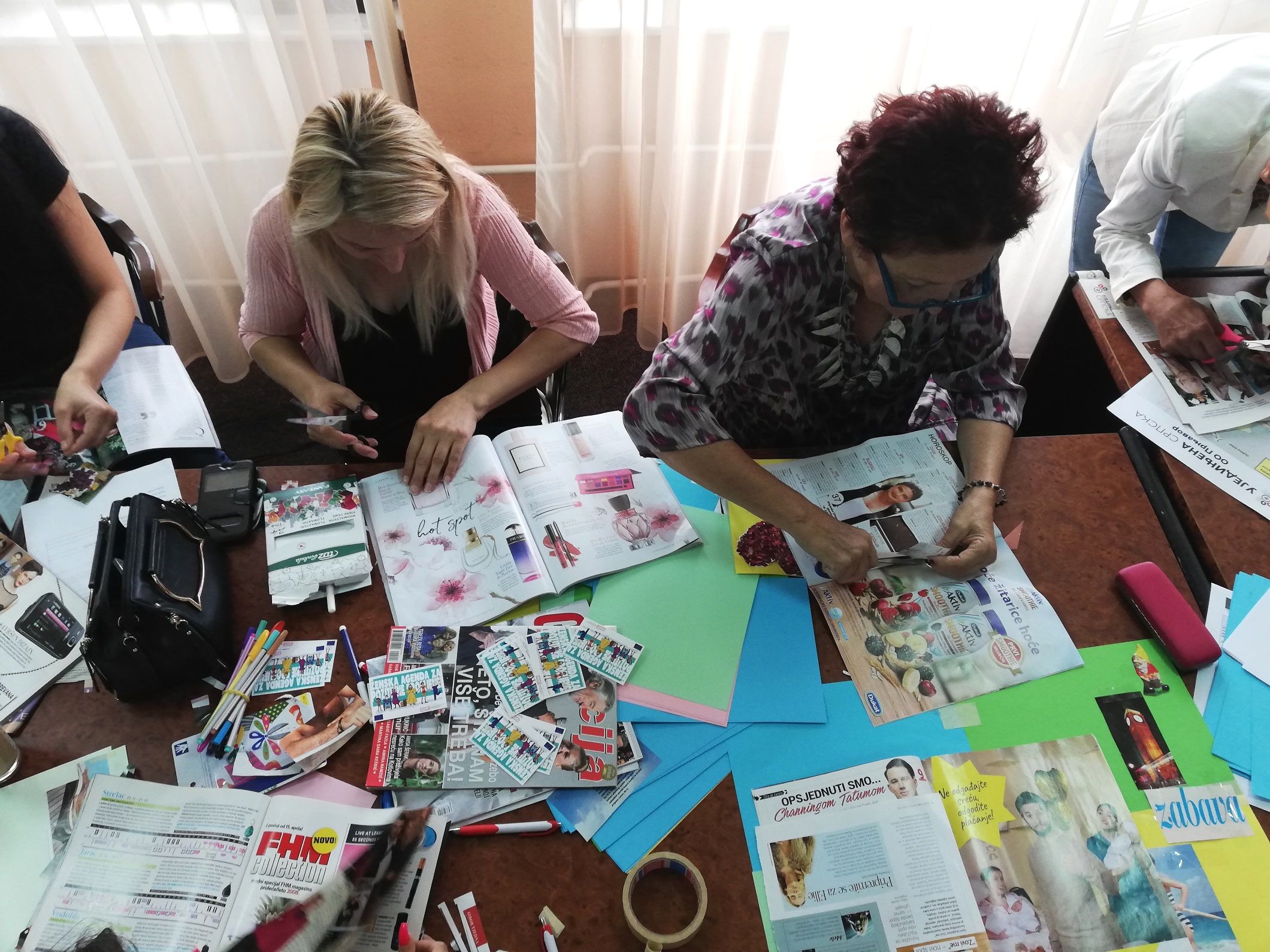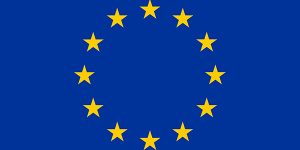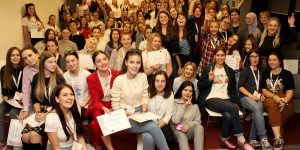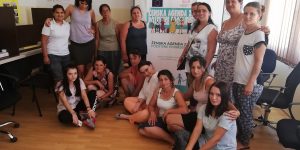Two training sessions “Integrated Security and the EU” and “Integrated workshops for marginalised groups of women” were held with members of the organisation Romska djevojka – Romani Ćej from Prnjavor on 13 and 14 July in Prnjavor, both focusin gon care for oneself from one’s own personal and organisational perspective
The training was designed for members of the organisation Romska djevojka – Romani Ćej and their co-workers, supporters and beneficiaries, and the goal was to present a new way of creating security, mapping threats with which marginalised groups of women are faced daily and map the strategies for sustainability and survival. The security risks for activists and marginalised groups of women can be physically, emotionally, psychologically and spiritually damaging, and they pervade every aspect of life (the body, mind, soul, family, collective society, organisation, etc.).
Female members of minority and marginalised groups, who live in small communities and engage in activism, are faced with different pressures daily and the time they devote to themselves can be measured in minutes in the course of one week. One such member says: “Only now do I realise I am in need of a break, I have become angry, my immunity has dropped, I feel my body ache, but where do I go for holiday? At home, my daily duties await me, I wouldn’t have the opportunity or ability to go somewhere, but then I tell myself ‘You will rest when you retire’. Then I am faced with fear, for what kind of pension could I have, I don’t have the length of service. Then I feel suffocated by everything. I need to find a way to take a break so that I could rely on myself in the future.”
During the training we analysed the position in which the participants found themselves, we looked at the complete picture of risks with which we were faced, and developed strategies for addressing and handling those risks. Due to the complexity of the position which marginalised groups of women found themselves in, the participants were taught to use different strategies to handle the risks. Those challenges can be situational, but they definitely include resistance with which women can protect themselves and their environment.
The mechanisms and strategies which participants apply to their daily lives can be as follows:
“I can’t argue with my family; I don’t like doing that and I am afraid of conflict. That is why, I write a letter and share it with everyone at home so they can recognise themselves in it.”
“I have learned to assess when I have to speak and to whom, because I don’t want to speak in vain so I choose a moment when I am sure that my voice will be heard and that it will have an effect and then I speak.”
On the feeling of security, the participants have remarked:
“I don’t feel safe in an environment in which I grew up like I felt before. I feel that this is my city, but I don’t have the feeling that I once had, because when I decided to introduce myself to the public and speak my truth, I began experiencing different kinds of violence.”
“I am afraid to express my personal opinion, because it is associated with the community to which I belong. I fear for the security of other people and I defend it by being quiet. Then I am concerned about not saying all the things I wanted to.”
The training sessions are carried out under the project “Women’s rights – Agenda for Positive Change” which is financed by the European Union and implemented by the CURE Foundation and the Foundation for Empowering Women (FWE), while the project is intended to contribute to the promotion and respect of women’s rights and eliminate violence and prejudice against women, with the special focus on women and girls, members of marginalised and minority groups in ten (10) municipalities, the municipality of Prnjavor being one of them.




